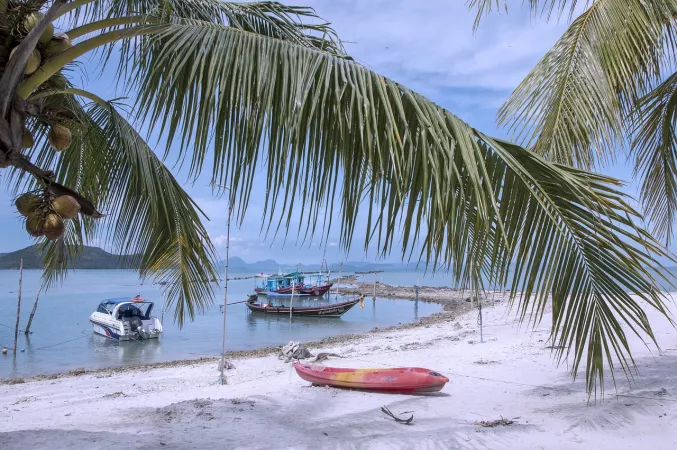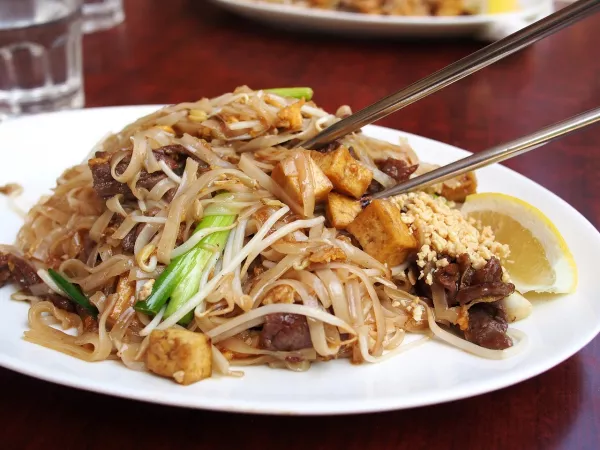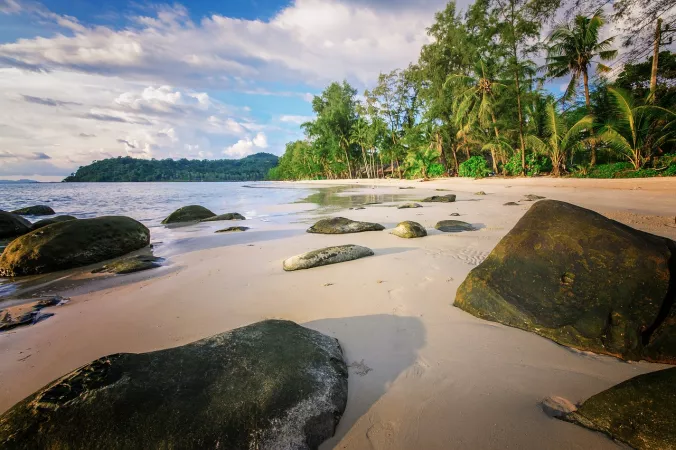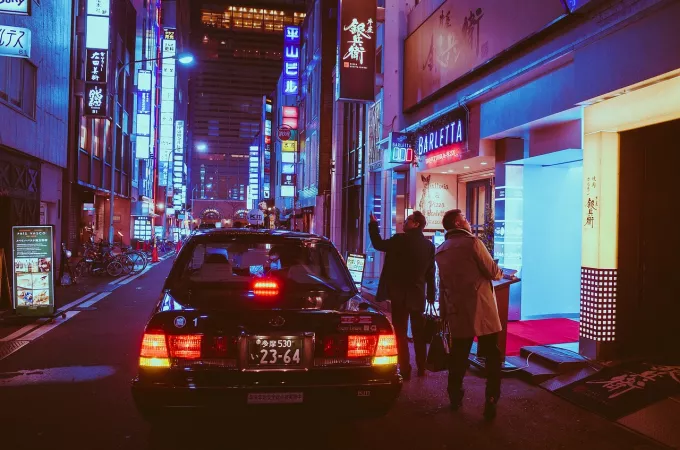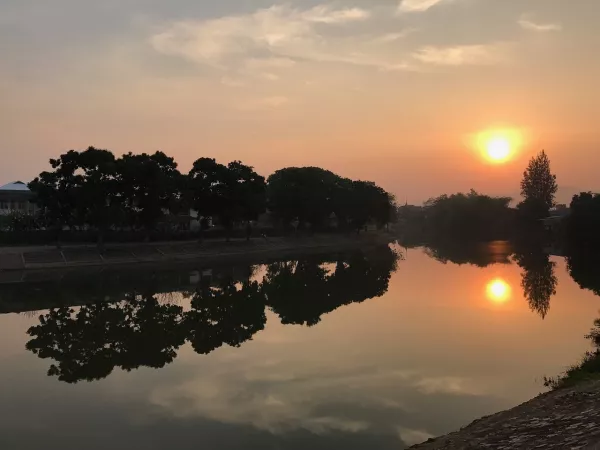
Lampang Travel Guide
Lampang, located in northern Thailand, is a charming city known for its rich history, stunning temples, and traditional horse-drawn carriages. The city's architecture reflects a mix of Burmese, Lanna, and Thai styles, showcasing its cultural significance. Lampang is famous for its annual *Loy Krathong* festival, where locals release beautifully decorated lanterns into the sky, creating a mesmerizing display.Top Attractions in Lampang
- Wat Phra That Lampang Luang
- Baan Sao Nak
- Wat Phra Kaeo Don Tao
- Thai Elephant Conservation Center
Lampang is Famous for
Elephant Conservation and Traditional Horse-Drawn Carriages.Top Attractions in Lampang
- Explore the historic temples
- Interact with elephants at the conservation center
- Ride a traditional horse-drawn carriage through the city
What's Great about Travelling to Lampang?
- *Travelers interested in history and culture will love exploring Lampang's temples*
- *Nature enthusiasts can enjoy interacting with elephants at the conservation center*
What's Not So Great about Travelling to Lampang?
- *Travelers seeking a bustling nightlife may find Lampang quiet*
- *Those looking for beach destinations should consider other locations*
Travel Tips for Lampang
- *Visa on arrival is available for many nationalities*
- *Tuk-tuks and songthaews are convenient modes of transportation within the city*
- *Respect local customs and traditions when visiting temples*
Important Lampang trip information
- Ideal Duration: 2-3 days
- Best Time to Visit: November to February for cool weather
- Nearby Airports and Railway Stations: Lampang Airport and Lampang Railway Station
FAQ's on Lampang
Q1: What is the best time to visit Lampang?
The best time to visit Lampang is during the cool season from November to February when the weather is pleasant and ideal for exploring the city. This period also coincides with the famous Elephant Conservation Center's annual elephant festival in Lampang. Avoid the rainy season from June to October if you want to steer clear of heavy rainfall.
Q2: Do I need a visa to travel to Lampang?
Travelers to Lampang who hold passports from many countries are granted a visa exemption for up to 30 days. However, it's advisable to check with the Thai embassy or consulate in your country to confirm the visa requirements and any recent changes.
Q3: What are the must-visit attractions in Lampang?
Some of the must-visit attractions in Lampang include the Wat Phra That Lampang Luang, a stunning temple atop a hill, the Lampang Elephant Conservation Center, where you can interact with elephants, and the historic Baan Sao Nak, a teak wood house with intricate carvings.
Q4: Is Lampang a safe place to travel?
Lampang is generally a safe destination for travelers. However, like any other place, it's important to be cautious, especially in crowded areas and to safeguard your belongings. Avoid walking alone late at night and be aware of your surroundings.
Q5: What is the local currency in Lampang and can I use credit cards?
The local currency in Lampang is the Thai Baht. Credit cards are widely accepted in hotels, upscale restaurants, and large stores. However, it's recommended to carry cash when visiting local markets or smaller establishments. ATMs are also readily available throughout the city.
Q6: What is the local cuisine like in Lampang?
Lampang boasts a rich culinary tradition with dishes like Khao Soi (noodle soup), Gaeng Hanglay (northern-style pork curry), and Khanom Jeen Nam Ngiao (rice noodles in spicy broth). Vegetarian options are also available, and food stalls and markets offer a variety of snacks and desserts for you to try.
Q7: What transportation options are available in Lampang?
In Lampang, you can get around using tuk-tuks, songthaews (shared taxis), and motorbike taxis. Car and motorcycle rentals are also available for those who prefer more flexibility. Public buses and minivans connect Lampang to nearby cities and towns for further exploration.
Q8: Are there any cultural norms or etiquette I should be aware of when visiting Lampang?
When visiting Lampang, it's important to dress modestly when visiting temples or religious sites. Remove your shoes before entering someone's home or a temple. It's polite to greet people with a "wai" (a slight bow with hands together). Respect for elders is highly valued, and it's customary to show deference to monks and religious figures.
Q9: I am a travel agent. How can I buy travel leads of Lampang?
Register yourself as a travel agent at agents.tripclap.com and then you can buy travel leads to Lampang once your account is approved. For more details contact our support team at +91-8069186564 or support@tripclap.com


